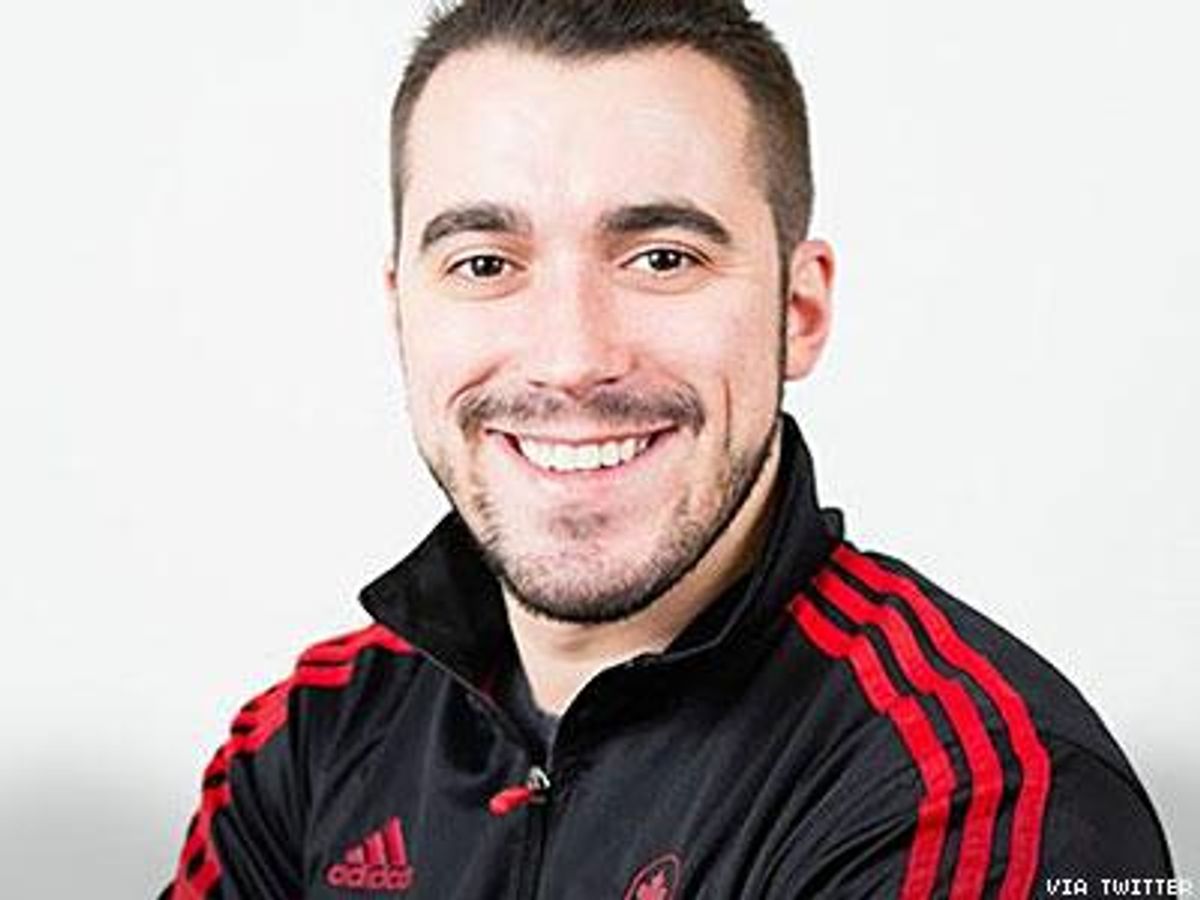"Sport isn't political."
This statement has become the preferred response from sporting organizations, athletes, and fans that are not yet ready to speak the truth. It is a communications tactic used to sidestep the hard questions, and at times it is a tool used to avoid having to address genuine social concerns that impact players and regular citizens alike.
This week, as another athlete decides to protest the death of another black man at the hands of police last month (this time it was Cleveland Browns wide receiver Andrew Hawkins), Cleveland Police Patrolmen's Association president Jeff Follmer said, "It's pretty pathetic when athletes think they know the law. They should stick to what they know best on the field."
Here is an undeniable fact: Sports, athletes, and teams -- professional or otherwise -- are made up of people. And people have struggles and rights that continue to be threatened and eroded.
In some cases, thankfully, these rights are also being strengthened and in a big way.
The assertion that sports has no place in the difficult and controversial conversations of the nation is not only flawed but a massive disservice to the very thing that binds us all -- the freedom to express ourselves.
This freedom is the difference between a place and a moment like the 2014 Winter Olympics in Sochi, Russia (where it was and still is illegal to take a stand for gay rights), and the NFL and the NBA's decisions to support the social activism by a growing number of their stars.
For two of North America's largest sports leagues not to fine athlete protesters like Hawkins, Derrick Rose, LeBron James, Kobe Bryant, Deron Williamss and others who are certain to follow is a major turning point for sport in the way it confronts social activism.
While it would have initially been controversial, fining all of these players would have been the easy thing to do. It would have distanced the NFL and the NBA from this conversation on race in America. All of it could have been done in the name of protecting corporate sponsorships or pointing toward policies that prevent protesting in NBA venues or propagating the fabricated idea that these actions hold no place in professional sports.
But the NFL and the NBA chose to defend their athletes' right to engage instead. They should be commended for that.
On the surface, I have few ties to the youth, families, and social groups attempting to reignite a conversation in America. But the color of my skin has nothing to do with the "I can't breathe" or justice movements occurring in cities and divided communities across America.
Laverne Cox, who is currently blazing trails for trans youth and individuals globally, recently told the Canadian Broadcasting Corporation, "I want to see a world where people are not stigmatized, sensationalized, objectified, and criminalized for being who they are."
Many agree. Yet, some will argue that Cox's fight and the struggles of LGBTQ athletes and individuals in America (and in countries around the world) represent a completely different issue.
I do not.
To view and defend the idea that the equality battles of one marginalized group is separate from another marginalized group is wrong and a threat to progress everywhere.
History is full of examples of athletes using sports as a platform to challenge power and fight for change: an equal footing for women in sports, the full inclusion of black athletes in major sports leagues and more recently, the integration of Muslim women in international competition.
These are all difficult conversations to have, but they need to take place, and within the context of sports, not solely outside of it. They are independent issues that require a collective response. Without that ideal, we all lose.
So allow me to finish the way I began.
Sport is not political -- it is much more than that. Sport, in its full capacity, has the power to influence change.
And that's something all of us should be working to preserve and protect.
PAULO SENRA is a member of the Toronto United Soccer Club -- a competitive gay international team. He competed at the Montreal 2006 Outgames and in the London 2008 and Washington 2009 International Gay and Lesbian Football Association World Championships. More recently, he has competed in LGBTQ-focused soccer and rugby tournaments in Lisbon, Las Vegas, Madison, and New York City. Paulo currently works in communications with the Canadian Olympic Team and is a You Can Play athlete ambassador.


















































































